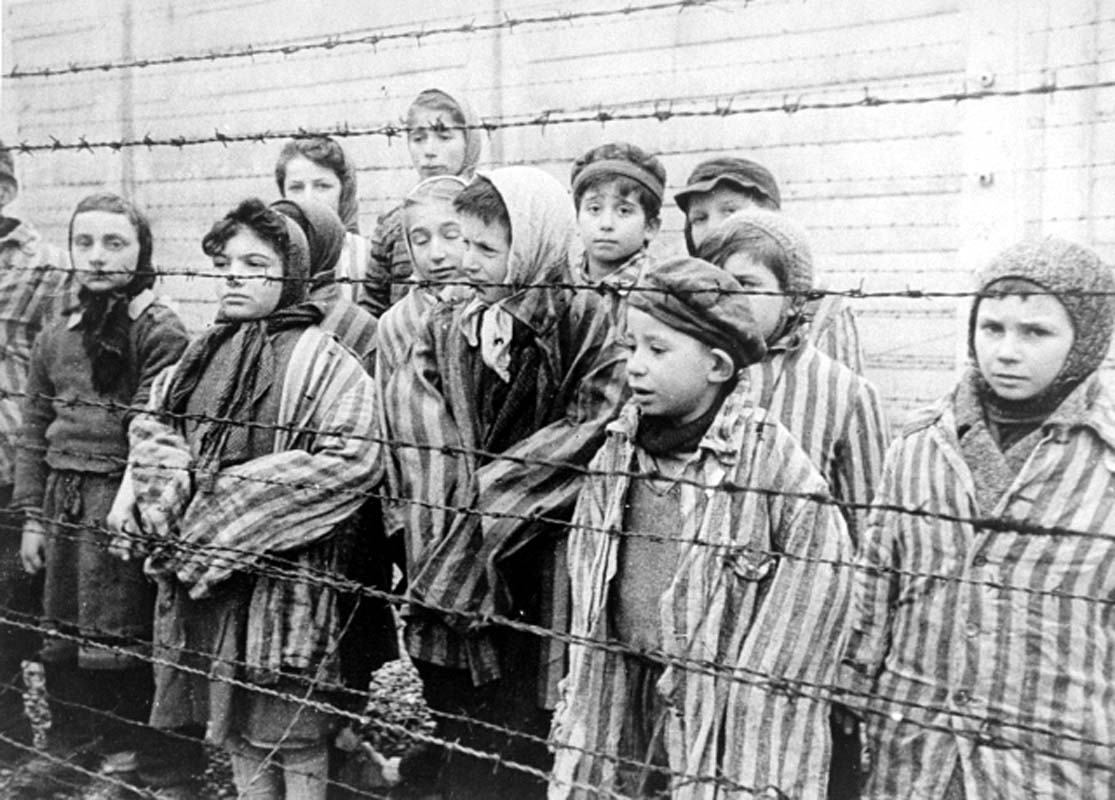27th January 1945 was a momentous day in history. 70 years ago today, Soviet forces liberated the notorious Auschwitz concentration camp. The liberation of Auschwitz was a red letter day after the genocide of 6 million Jews, 1 million from the travelling community, 250 thousand people with disabilities and 9 thousand homosexual men by Nazi forces.
The United Nations, the European Union, and a list of countries have dedicated today as a Day of Remembrance. The phrase “Day of Remembrance” is more fitting than the phrase “Day of Celebration”. While we celebrate the liberation of Auschwitz, sweetness is tainted by the magnitude of the atrocity committed there. It is arguably, perhaps, the greatest evil that humanity has ever inflicted upon humanity. It is impossible to conceive of the terror: separation from loved ones, torture, human medical experimentation, forced labour, condemnation and death. This is a savage blot on the timeline of human existence.
United Nations resolution 60/7 urges every member state to honour the memory of the victims of the genocide. It encourages the rejection of religious intolerance so that such an evil never comes close to happening again. In the face of some who deny the event ever even occurred, such remembrance is critical.
‘Holocaust’ is derived from a compound of two Greek words, hólos (‘whole’) and kaustós (‘burnt’). It’s a chilling reminder of the ultimate fate of many at Auschwitz camp. The Hebrew word, Shoah, pulsates with meaning. It translates as ‘the catastrophe’.
70 years is a short time in human history. Still alive, there are both perpetrators and the victims for whom Auschwitz remains a painful reality. For the rest of us what happened remains a powerful challenge. The power of a regime to instil fear, to corrupt and brainwash and to instil hatred is deeply disturbing. Across the pages of this terrible portion of human history, the occasional name pulsates with courage and self-sacrifice. You and I can only wonder if we would have risked our all to save the life of a condemned Jew, itinerant, disabled or homosexual stranger. Today, of all days, I feel the power of Christ’s words “Greater love has no one than this: to lay down one’s life for one’s friends.”[1]
I’m fascinated by the origins of words, biblical words in particular. I’m fascinated by how their meanings change over time. Jesus told his disciples that they would be filled with the power of His Holy Spirit and that they would be His “witnesses in Jerusalem, and in all Judea and Samaria, and to the ends of the earth.” We’ve diluted the word witness. We’ve made it about speaking testimony. The original Greek (martures) was far more powerful. It’s the word from which we get “martyrs”. There were only a small number who risked their lives to hide and smuggle the condemned. Yet that is what we are all called to do.
Our world of intolerance, prejudice, hatred and fear challenges us. Protecting the life, rights and dignity of all may cost us more than just words.
[1] John 15 v13 New International Version
Image credit: Public Domain / Alexander Voronzow
